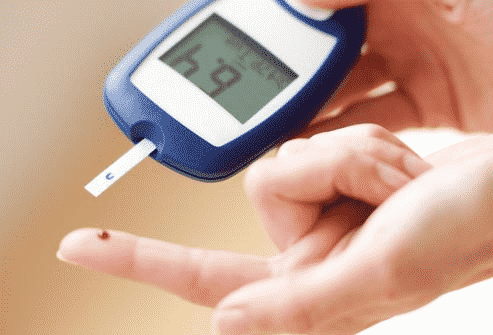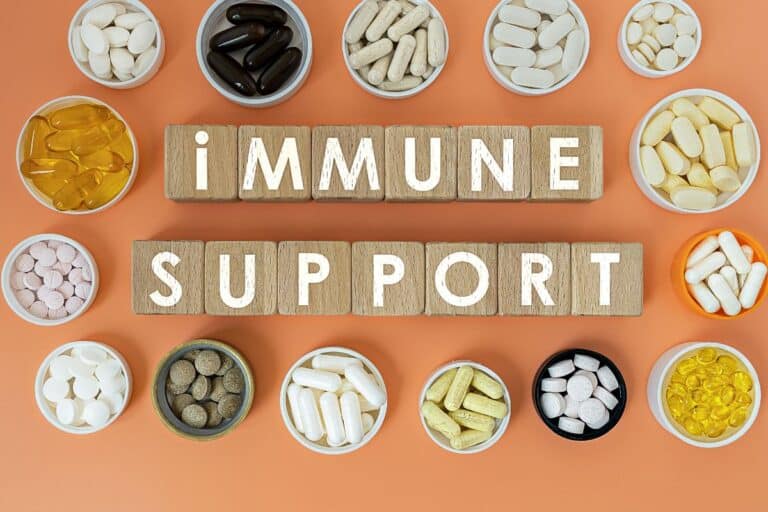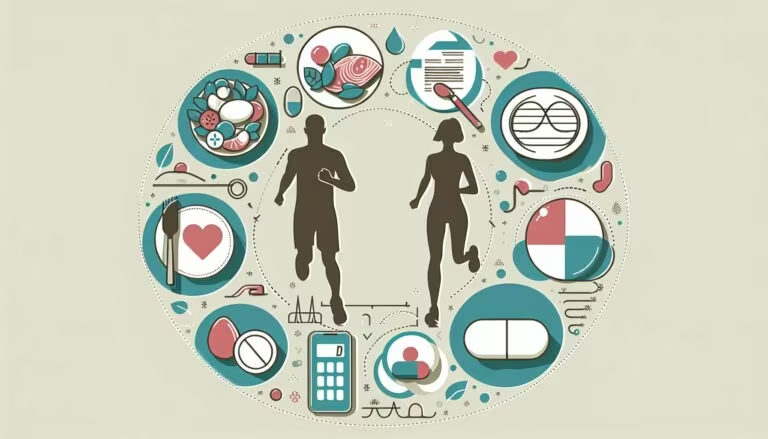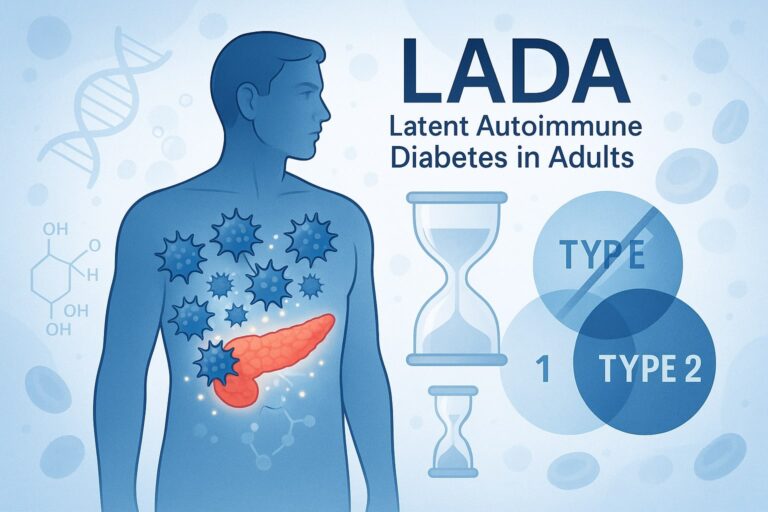Our Journey: Can You Donate Plasma with Diabetes?
Discover if you can donate plasma with diabetes! Uncover the process, benefits, and impact of giving back.
Can Diabetics Donate Plasma?
Alright, folks, here’s the scoop on whether diabetics can roll up their sleeves and donate plasma. Before we jump in, let’s take a gander at the nuts and bolts for both type 1 and type 2 diabetes.
Plasma Donation Eligibility
Wondering if you can donate plasma? Head to your local collection center where they’ll give you a once-over to make sure you’re good to go. They’re all about keeping things safe and sound for both you and those receiving plasma-based treatments. They’ll poke and prod—not literally—through health screenings and tests to make sure everything’s on the up-and-up. According to Donating Plasma, it keeps everyone in the chain of donation healthy as a horse.
Folks with diabetes, you can join in too—if your diabetes is playing nice and you’re feeling fit as a fiddle. Whether you’re dealing with type 1 or type 2, the same rules apply.
Role of Type 1 Diabetes
Now, let’s talk type 1 diabetes. Are you managing it like a boss? If you’re keeping those blood sugar levels in check and avoiding pesky complications, donating plasma is on the table. Keep tabs on blood sugar levels to ensure it’s all smooth sailing.
| Type of Diabetes | Plasma Donation Eligibility | Key Considerations |
|---|---|---|
| Type 1 Diabetes | Eligible if you’ve got it handled | Keep an eye on levels and dodge serious issues |
Role of Type 2 Diabetes
And for those in the type 2 camp, it’s all about control, folks. Keep your A1C and blood sugar levels behaving, eat right, and drink plenty of water. Keep checking your blood sugar before and after giving plasma to avoid any hiccups.
| Type of Diabetes | Plasma Donation Eligibility | Key Considerations |
|---|---|---|
| Type 2 Diabetes | Good to go if it’s all managed | Eat smart, stay hydrated, keep tabs on sugar levels |
Got more questions about how diabetes plays with other health parts? Check out our tidbits on whether diabetes causes seizures and diabetes and vertigo.
With some prep work and a little monitoring, many diabetics can step up and donate plasma, helping out the healthcare system in a big way (KEDPLASMA). It’s a fantastic way to lend a hand and keep those life-saving therapies flowing.
Plasma Donation Process for Diabetics
Curious if you can donate plasma with diabetes? You’ve come to the right spot! We’re here to walk you through what you need to know and do to roll up your sleeve and make a difference.
Health Screenings and Diabetes Management
Before heading off to those plasma donation chairs, you gotta get screened. No, it’s not like a pop quiz—but it’s just as important! They’ll make sure everything’s on the up and up, especially if you’re diabetic. Here’s the deal:
- Keep your diabetes in check.
- Recent doctor visits need to show no big twists in your health or meds.
- Follow your doc’s orders with meds Virta Health.
| Requirement | Description |
|---|---|
| Diabetes Taming | Keep it cool and under control with food, pills, or insulin |
| New Developments | Nada! No new health drama or medicine changes |
| Health Tweaks | Doctors give you the green light after checks |
Blood Sugar Monitoring
The number one rule—keep those sugars in line! Here’s how you do it:
- Drink up, buddy! Water’s your best buddy; dehydration is not.
- Munch on something healthy before you hit the donation center.
- Keep your sugar levels steady after you donate; be your own sugar detective!
Side Effects and Precautions
Even with all your prep work, sometimes things go a bit wonky. Here’s what to watch out for:
- Sugar Highs and Lows: Keep an eye on sugar swings. A little blip isn’t a big deal if you’re watching.
- Thirsty Work: Drink enough so you don’t dry up. Water’s your friend here more than ever.
- Doc on Call: Know when to phone a buddy—your healthcare buddy, that is! (KEDPLASMA).
Keep learning with our guide on keeping diabetes in check, or dive into some tricky topics like can diabetes cause seizures, anorexia and diabetes, chemo and diabetes, and does diabetes give you vertigo. Because knowing more helps you do more!
Impact of Plasma Donation

Health Perks of Donating
Donating plasma isn’t just a gift to others; it’s a little health boost for us too. Many of us with diabetes may worry, “Can folks like us donate plasma?” With our diabetes in check, be it type 1 or type 2, yep, we sure can, and it packs some health benefits too!
For starters, plasma donation keeps us on our toes with health check-ups. These regular screenings we go through help keep us clued into our health stats. Plus, donating plasma can be a heart-helper, possibly cutting down on heart disease risks. It also helps balance certain body proteins and antibodies, which is a win for our overall health.
If we’ve got diabetes, the rule of thumb is maintaining our health and keeping our condition controlled to qualify for donating (Virta Health). It’s safe, and the best part? It can save lives, offering a ray of hope for those with rare and chronic illnesses.
Giving Back to the Community
Donating plasma lets us give back to our community in a big way. Our donations can work wonders—saving lives and supporting those in medical battles, like people with immune deficiencies and tough conditions. Helping out like this leaves us with a warm feel-good glow.
| Helping Hand | What It Does |
|---|---|
| Blood Supply | Every plasma donation helps create life-saving treatments |
| Community Health | Fuels treatments for rare diseases |
| Feels Good | Gives us a chance to contribute and be involved |
According to Virta Health, our plasma donations can potentially save three lives at a time. Not only does this make a difference to those in dire need, but it also spreads a feeling of kindness and support in our neighborhoods.
Sure, we’ve got to keep our diabetes under control, but donating plasma is a top-notch way to contribute. All it takes is some prep and a little monitoring to join in this life-saving mission (KEDPLASMA US). If you’re curious about managing diabetes day-to-day, especially about things like can diabetes cause seizures and can diabetes cause vertigo, there’s plenty of info out there to keep us in the know.
Diabetes Information Overview
To see if folks with diabetes can donate plasma, let’s dive into the basics: what diabetes is all about, keeping an eye on prediabetes, and what to watch out for if you’re worried about the risks and any possible hiccups down the line.
Understanding Diabetes
Imagine your body like a hybrid car that runs on both gas (food) and electricity (blood sugar). Diabetes messes with how our bodies convert that food into energy. Normally, most foods we eat turn into sugar, or glucose, which then enters our bloodstream. When sugar levels get too high, like a traffic jam, the pancreas releases insulin to help the sugar reach the cells and cells can then use the glucose as fuel.
There are two VIP guests in the diabetes world:
- Type 1 Diabetes: Think of it as your body’s overzealous security detail mistakenly shutting down insulin production within the pancreas.
- Type 2 Diabetes: Here, the body acts like a spoiled engine or simply runs low on insulin.
Getting the lowdown on these types matters, especially since it’s about managing diabetes like a well-tuned car, plus going through health checkups.
Prediabetes Awareness
Now, let’s talk prediabetes. That’s a serious, but sneaky condition where sugar in the blood isn’t high enough to call it diabetes. Turns out, about 1 in 3 Americans has prediabetes (American Red Cross). The culprit? Insulin resistance—it’s like the cells hit the snooze button when insulin tries to wake them up. But fear not! Tweaking how you eat or sweat it out with some exercise—sometimes a mix with meds—can shake things up.
| Population | Prediabetes Stats |
|---|---|
| US Adults | ~33% |
Spotting and tackling prediabetes early stops it in its tracks, preventing a slideshow into Type 2 diabetes. That makes workshops and getting tested super important.
Risk Factors and Complications
There are plenty of reasons why some folks might edge closer to diabetes and prediabetes. Blame it on the genes, the ticking clock (age), or the scale (weight). Folks over 45, who are a bit on the heavy side or have high blood pressure are part of this club. Also, certain communities like African or Black, Hispanic, Latino, Asian American, and Native Americans face higher risks and complications.
| Risky Business | What’s Up? |
|---|---|
| Age | 45 or older |
| Weight | Pleasantly plump or corpulent |
| Blood Pressure | Need we say more? |
| Ethnicity | Higher in certain ethnic groups |
Diabetes can be like an unexpected house guest, causing chaos. People often ask some burning questions:
- Can diabetes cause seizures?
- Can anorexia cause diabetes?
- Can chemo cause diabetes?
- Can diabetes cause vertigo?
Knowing about these risks and complications helps see the bigger picture. This understanding helps those with diabetes when it comes to choices like donating plasma and taking charge of their health.
Managing Diabetes
Keeping diabetes in check is all about balancing our lives with a pinch of monitoring, some lifestyle tweaks, and maybe a smidge of medication. Here’s our game plan to keep diabetes management smooth sailing.
Checking A1C and Blood Sugar
The A1C test is our best buddy in diabetes management. It checks out how our blood sugar has been behaving over the last few months, giving us and our healthcare crew the lowdown on our control game. If it’s below 5.7%, we’re cool. If it lands between 5.7% and 6.4%, it’s a heads-up for prediabetes. Above 6.5%? Well, that’s our cue—diabetes might be the guest at our health party.
| A1C Level | Interpretation |
|---|---|
| Below 5.7% | Normal |
| 5.7% – 6.4% | Prediabetes |
| 6.5% or higher | Diabetes |
Depending on the test results, we might get a prescription for some meds, daily insulin, or other treatments to keep our sugar levels behaving (American Red Cross).
Keeping our sugar in check is the ticket to dodging nasty complications like seizures or vertigo.
Diabetes Control: The Basics
Taming diabetes involves a mix of smart eats, breaking a sweat, and sometimes meds. Beating insulin resistance is half the battle, and these strategies help us feel our best.
- Food for Thought: Munching on a balanced diet that’s low on sugar and carbs but loaded with fiber is a smart move.
- Move It: Getting our bodies moving helps insulin do its job better.
- Medications: Depending on our diabetes type, pills or insulin injections might be in the mix.
These savvy choices not only keep diabetes at bay but also head off potential health issues down the line.
The Genes and Life Equation
Diabetes isn’t all about numbers; it’s a combo of our DNA and lifestyle. If our family tree’s got a few diabetics hanging from it, odds are we’re carrying some risk too. Certain communities might find themselves facing higher odds (American Red Cross).
| Factor | Contribution |
|---|---|
| Genetics | High if family history; riskier for some groups |
| Lifestyle | What we eat, how we move, and overall wellness matter |
Being clued in about these factors means taking charge of our health. Realizing lifestyle changes can make a difference boosts our will to stick to that healthy diet and regular workout session.
If we’re managing diabetes well, we can even give back by donating plasma safely (American Red Cross). For more deep dives, check out can anorexia cause diabetes and can chemo cause diabetes.
Importance of Blood Donations
Blood donations seriously matter since they’re like lifelines, quite literally. Let’s dive into why handing over some of your red gold is a big deal and how folks with diabetes can totally get in on the action.
Lifesaving Impact of Donations
When we roll up our sleeves to donate blood or plasma, we’re tossing a lifeline to someone who really needs it. Virta Health says every single blood donation might save up to three lives. Yeah, it’s like superpowers in a bag. This mighty power of saving lives shows just how blood donations keep our community chugging along.
Even if we’ve got our diabetes under control, those of us with type 1 or type 2 can still make a difference. We ensure hospitals stay equipped to help folks fighting surgeries, cancer, or real tough illnesses. We’re like undercover heroes in disguise, and our blood might just be the sidekick needed in a patient’s toughest battles.
Diabetics and Blood Donation Eligibility
Great news, buddies! Diabetes doesn’t mean we’re benched from the blood donation squad, especially if we’ve got it well-managed. Whether rocking type 1 or type 2, as long as we feel healthy and our blood sugar’s not all over the place, we’re game for gifting life.
The American Red Cross gives a big thumbs-up to diabetics who, even while on insulin or other diabetes meds—be it a needle or a pill—want to donate blood, plasma, or those little platelets. It’s our chance to play the hero in someone’s story.
| Eligibility Criteria | Requirements for Diabetics |
|---|---|
| Blood Sugar Levels | Keep it steady and controlled |
| Medication | Accepted if on insulin or diabetes meds |
| General Health | Feel good and fightin’ fit |
Pitching in with blood donations is like giving the gift of life to folks getting treatments, surgeries, and other medical stuff. We help keep that life-giving supply robust and ready for anyone who’s in need.
Staying clued up on health stuff matters too. So, while considering donating blood, we should scope out how diabetes intersects with other issues like seizures, anorexia, chemotherapy, and vertigo. Being in the know helps us steer our health better and spreads a little sunshine in our community.
Image Credit







Leave a Reply